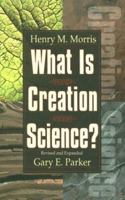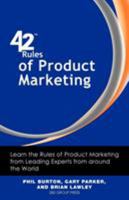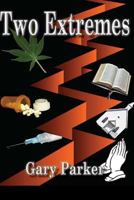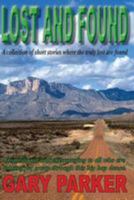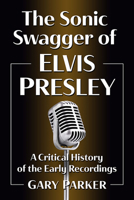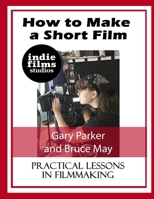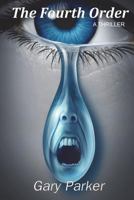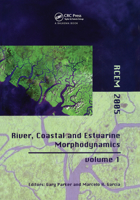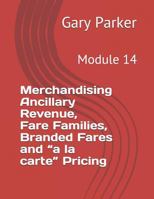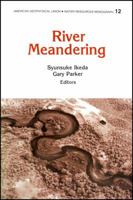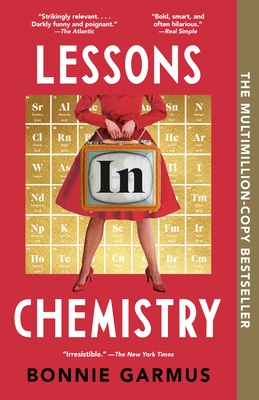An introduction to project planning
Select Format
Select Condition 
Book Overview
Designed for anyone involved in any type or size project, this book provides a clear, concise explanation of the basic concepts of project planning, scheduling, and control. Features Enables the reader to quickly learn how to graphically illustrate all project tasks and their interrelationships, and to analyze the schedule and circumvent potential problems. Illustrates each concept with an actual example to graphically illustrate all project tasks and their relationships. Shows how to examine a schedule and circumvent potential problems. Eliminates mathematical expressions and technical examples, allowing readers to acquire the skills to effectively plan and manage any project. This description may be from another edition of this product.
Format:Paperback
Language:English
ISBN:B0006W1FLK
Release Date:January 1974
Publisher:Educational Methods
Length:168 Pages
Weight:0.45 lbs.
More by Gary Parker
Customer Reviews
5 customer ratings | 5 reviews
There are currently no reviews. Be the first to review this work.












